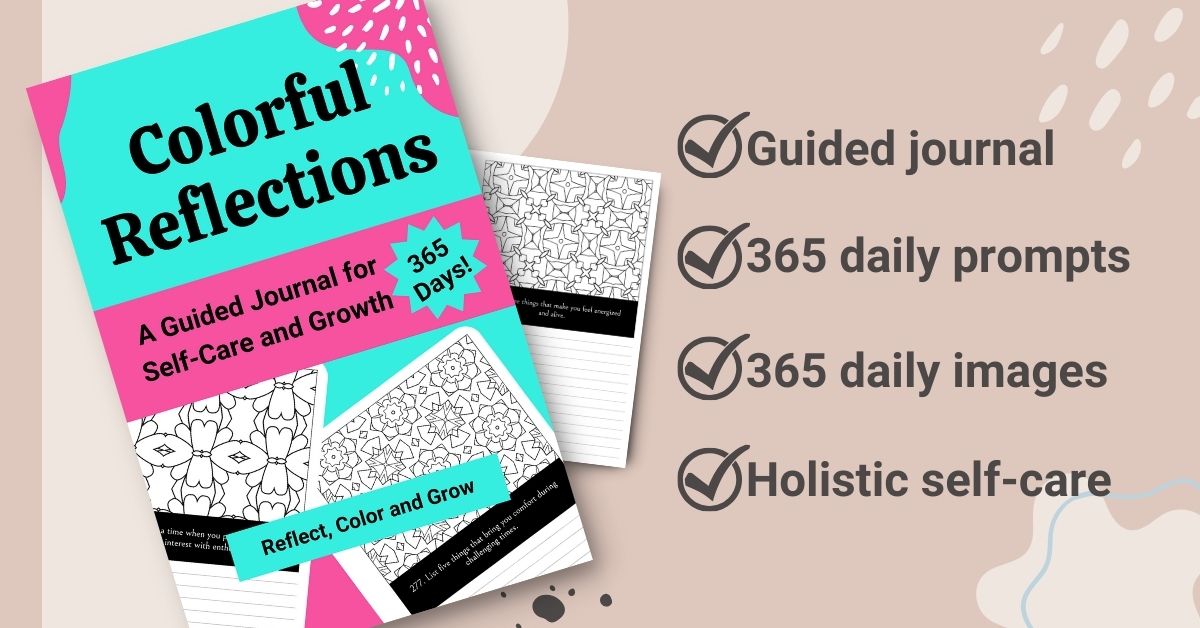
I have heard variations of the same expression over the years: we all have a book inside us. Since the late 1990s, I have made numerous attempts to write my memoir. Memoir writing is not easy. The remnants of my attempts are on discarded, lost, or temporarily hidden floppy disks, CDs, and/or old computer hard drives. Needless to say, I haven't done a very good job of completing it or protecting its numerous iterations.
Perhaps it was because I wasn't ready and there were more lessons to learn before I could truly write it. I don't know if anyone is ever truly ready to write about painful experiences. My motivation and goal for even attempting to write it all these years was not only for legacy but to share the lessons of my experiences to benefit younger generations. There are lessons I wish someone would have shared with me or I could tell my younger self but since that is not possible, telling generations that follow is the next best thing.
So while my current iteration remains in draft form, and I haven't lost this one, it is my goal to complete it within the next year or two. But in order to do so, like so many other writers who get stuck, I've researched some tips I hope to leverage to get me through the writing process. I am sharing these not only for my own accountability — because actually writing this post hopefully means I will stick to it this time — but to help others out there who have also been struggling with telling their own story/stories.
Tips for Writing Your Memoir:
Reflect on Your Purpose
Begin by understanding the why behind your memoir. Reflect on how your experiences can provide invaluable insights and wisdom to younger generations.
Break it into Pieces
The enormity of writing a memoir can be overwhelming. Break your memoir into smaller, manageable segments. Focus on one memory or event at a time, allowing yourself to process the emotions associated with it before moving on to the next.
Set a Consistent Writing Schedule
Establish a routine for your writing. Whether it's daily, weekly, or monthly, a consistent schedule keeps you on track and maintains momentum.
Create a Comfortable Writing Space
Designate a writing environment that makes you feel safe and inspired. Surround yourself with objects or images that evoke positive emotions and encourage creativity.
Practice Self-Care
Writing about painful experiences can be emotionally draining. Prioritize self-care through mindfulness, exercise, therapy, or any activity that helps you process and heal.
Embrace Vulnerability
Recognize and embrace the vulnerability that comes with sharing painful moments. It is through vulnerability that the authenticity of your story will resonate with readers.
Seek Support and Feedback
Share your memoir with a trusted friend, writing group, or mentor. Their feedback and encouragement can help you navigate the emotional challenges.
Research and Collect Resources
For accuracy and authenticity, cross-check memories and events with research or conversations with individuals who were part of your past. Ensure your memoir portrays an honest account of your experiences.
Outline Your Memoir
Create a detailed outline to provide a structure for your narrative. This roadmap will guide you and maintain the flow of your memoir.
Discover Your Writing Style
Find and embrace your unique writing style and voice. Let your personality and authenticity shine through in your writing; it's what will make your memoir relatable and engaging.
Celebrate Milestones
Acknowledge and celebrate each accomplishment along the way, whether it's finishing a chapter or reaching a specific word count. It's essential to recognize your progress.
Push Through Resistance
Resistance is a natural part of the writing process. Acknowledge it, but don't let it deter you from your goal. Pushing through the pain can be a therapeutic way to heal and progress in your memoir.
Stay Committed to Your Mission
Remind yourself why you embarked on this journey and the message you wish to impart through your memoir. Sharing wisdom and lessons with younger generations is your driving force.

Differentiate Writing and Editing
Don't get caught up in editing while writing your first draft. Focus on pouring your memories onto the pages without overthinking grammar or structure. Editing can come later.
Stay Inspired, Curious, and Open-Minded
Seek inspiration from various sources—art, nature, conversations, literature. Maintain a sense of curiosity and openness throughout your writing journey. Be willing to explore new perspectives and embrace growth, both as a writer and an individual.
Conclusion
Writing a memoir filled with both joy and pain is an act of courage and self-discovery. Your story is a valuable resource for younger generations, offering them insights and wisdom. By following these 15 tips, you can overcome the challenges and create a memoir that will inspire and guide those who read it. Your experiences are a gift to the world, and it's time to share them with the next generation.




